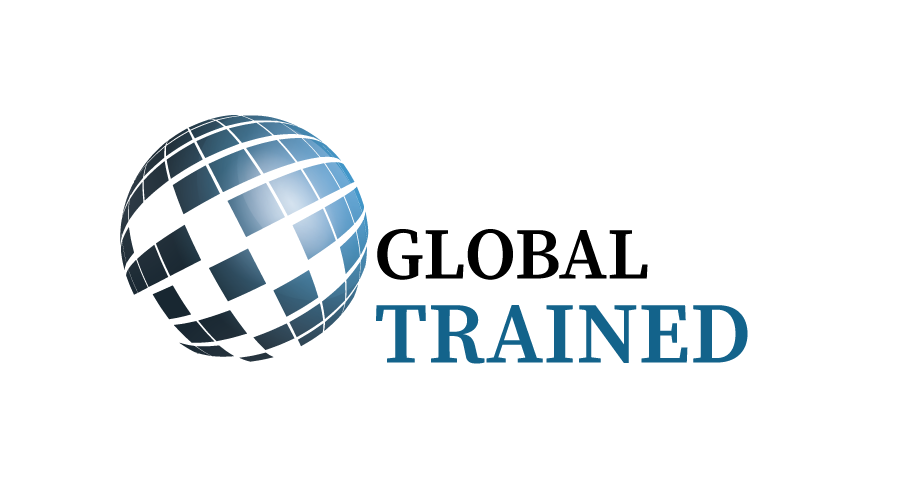The management of a speaker bureau blends creative and technical elements. It involves personal contact, planning, and systems thinking in a way that speaker, clients and events operate within one ecosystem. Having either an in-house bureau or an independent agency, mastery of speaker bureau management techniques can elevate a program from mediocre to exceptional.
In this blog, we discuss the salient skills required for effective speaker bureau management and how they assist in the development of a robust speaking enterprise.
1. Effective Communication Skills
Communication forms the backbone of speaker bureau management. There is no effective bureau management without smooth communication with speakers, clients, and event planners. Communication aids in negotiation, speaker schedule management, and conflict resolution if it is clear, polite, and persuasive.
Listening actively is just as important. Grasping what a client or speaker wishes to convey goes a long way in avoiding misconceptions while enhancing rapport.
2. Outstanding Organisational Skills
An efficient speaker bureau balances several events with the speakers’ available time slots and the clients’ needs all at once. These activities are interrelated, so the organisation will ensure:
- All speakers’ calendars are current
- Executed contracts are stored securely and appropriately
- Logistics for events are coordinated with precision
Bureau effectiveness can also be improved by the use of project management tools Trello, Asana, and specialised bureau software, which streamline processes.
3. Negotiation and Contract Management
Negotiating with a notable speaker usually entails discussions about fees, travel, and exclusivity clauses. Effective management as a speaker bureau requires:
- Knowledge of industry standards and competition
- Developing contracts that are reasonable and profitable
- Diplomatically managing last-minute cancellations
A bureau manager must balance the competing priorities of the speaker and the client’s finances while facilitating seamless partnerships.
4. Industry Knowledge and Networking
In addition to monitoring trends for newly established speakers, a leading speaker bureau manager keeps tabs on events. They can achieve this by attending conferences, following speaking trends, and maintaining robust networks.
- Tracking emerging and in-demand speakers
- Aligning the speaker with the event
- Forecasting industry trends
These professionals establish and nurture connections with event coordinators, planner associations, and speakers to get a constant flow of deals.
5. Marketing and Branding Expertise
The reputation of a speaker bureau affects its standing and growth in the industry. With robust marketing strategies, the bureau can attract high-end speakers and clients, harnessing social media and email marketing to create and promote captivating profiles and showcasing testimonials and past event success.
With effective marketing and leveraging a strong brand reputation, the bureau garners trust as a preferred partner in the speaking industry.
6. Crisis Management and Problem Solving
Despite the rigorous planning by the best experts, events are always prone to cancellations, technical difficulties, or orderly disruptions.
A proficient speaker bureau manager should:
- Maintain a reserve of alternative speakers ready to go
- Resolve AV and travel issues swiftly
- Work under pressure professionally
Proactivity and a focus on problem-solving help anticipate and mitigate challenges in planning and executing events.
7. Managing Client and Speaker Relations
Sustained success in speaker bureau management relies on relationship management. Speakers retained and client repeat business follow successful account management. Notable strategies include:
- Scheduled interactions with clients and speakers
- Feedback collection and analysis after events
- Customisation of communication to strengthen rapport
Sustained growth and referrals are the direct result of prioritising relationships.
Conclusion
Sustained competitive advantage in speaker bureau management requires mastery in different competencies, such as communication, negotiation, marketing, and crisis management. Strengthening these competencies helps bureau managers transform operations, enhance events, and position themselves as leaders in the speaking industry.
These findings are helpful whether you are starting your journey in speaker bureau management or want to improve your strategies. Success comes with a focus on key skills which are greatly complemented by expertise and strong passion. Efforts can pivot a bureau to become a major hub for powerful speaking events.

